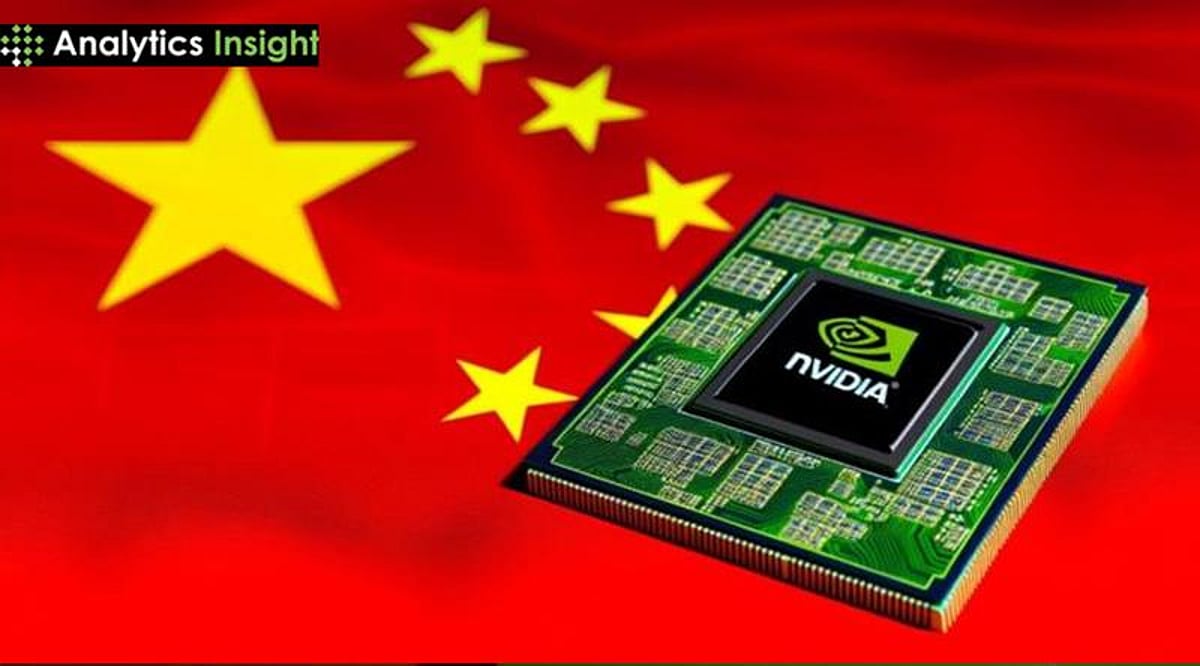Smuggling AI Chips from China? U.S. Bill Targets Global Tracking of Nvidia GPUs.
A new U.S. bill is aimed at tracking the global movement of Nvidia GPUs to prevent the smuggling of AI chips from China. The legislation highlights concerns over potential security risks associated with the use of these chips in sensitive applications. The bill underscores the growing scrutiny around the supply chain and technology transfers involving Chinese companies. It also reflects the ongoing tensions between the U.S. and China over trade and national security issues.

A new bill has been introduced in the US, which states that Nvidia GPUs will be tracked globally in response to concerns over AI chip smuggling into China. Legislators have issued warnings about the use of sophisticated AI chips for China's military and surveillance capabilities. The legislation mandates the reporting of Nvidia GPUs' export and resale actions. In this manner, the US government hopes to bolster national security and maintain its technological superiority.
Background and Implications
This bill came about amid growing tension regarding the alleged Chinese attempt to circumvent U.S. export restrictions. China could potentially use these smuggled AI chips to strengthen its capabilities in design and cybersecurity, especially high-end Nvidia GPUs. Lawmakers stress that the unrestricted flow of these chips acts against current hardware export restrictions. It is seen as an effort to plug the holes in tracking and enforcement of global semiconductor flow. Being the key AI acceleration hardware, these Nvidia GPUs have played a central role in causing this legislation to be introduced in the halls of Congress.
Enforcement and Impact
The bill would compel Nvidia and its distributors to submit detailed shipment records to the federal government. It would likely also restrict resellers. According to some industry experts, these could ramp up pressure on global supply chains but perhaps also evolve toward greater accountability and transparency in chip distribution networks.
Global Ramifications
Tracking Nvidia GPUs can potentially change how countries manage bilateral strategic properties. The law could create a "domino effect" amongst allied countries by adding further restrictions that would restrict the AI devices exported abroad. It implicates areas associated with trade policy, enforcement, and the prospect of multilaterally regulating new technologies.
National Security Concerns
American legislators, such as Bill Foster, have also expressed concerns regarding Nvidia GPUs smuggled into China in defiance of export controls. Foster's bill seeks to trace these chips after sale to stop unauthorized use, countering national security threats. The bipartisan interest is a testament to increasing concern about regulating AI chip distribution so that advanced technologies do not increase adversarial military and surveillance capacities.
HONESTAI ANALYSIS
This pending legislation marks a significant pivot in U.S. policy towards AI hardware restraint. It underscores the escalating connection between high-end semiconductors and national security. With the target on Nvidia GPUs, the U.S. seeks to cap China's access to high-end AI chips to ensure American supremacy in the global technology competition. The world waits with bated breath to see how this daring step will restructure global tech regulation.

